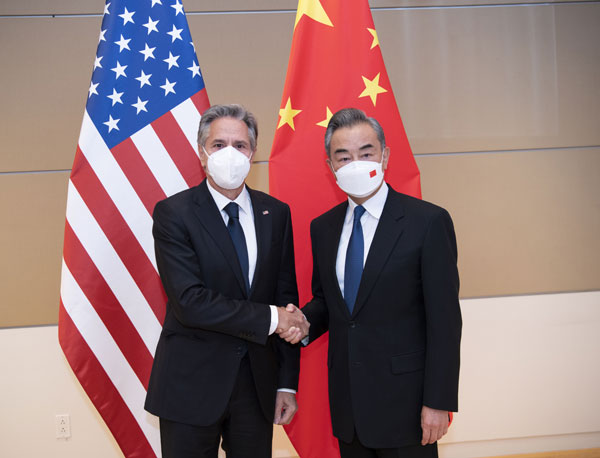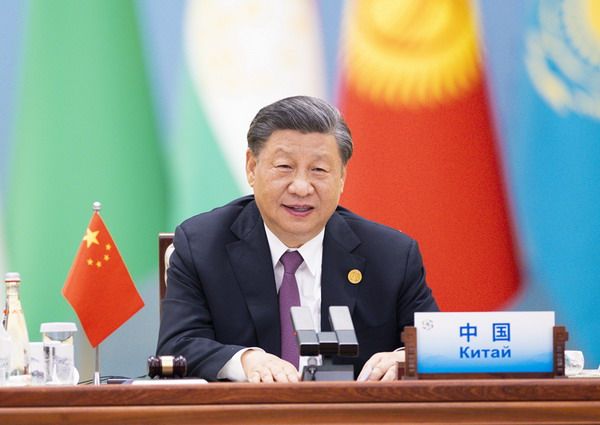On July 13 local time, Director of the Office of the Central Commission for Foreign Affairs Wang Yi met with U.S. Secretary of State Antony Blinken in Jakarta at the request of the latter.
Wang noted that during Secretary Blinken’s visit to China last month, President Xi Jinping put forth strategic and instructive guidance on stabilizing and growing China-U.S. relations. Through in-depth and candid communication, the two sides reached some common understandings, the most important of which was to return to the Bali agenda, thus taking an important step toward recalibrating the giant ship of China-U.S. ties. The critical next step is to take real actions to put the bilateral relationship back on the right track. The United States needs to reflect on the root cause of the serious difficulties in China-U.S. relations, truly translate the common understandings reached by the two presidents during their summit in Bali into concrete actions, and more importantly, earnestly deliver on the series of commitments made by President Biden on multiple occasions.
Wang pointed out that the two sides need to start with specific steps to resolutely stop “gray rhinos”, properly handle “black swans” and thoroughly remove “tigers blocking the way”, thus creating conditions and removing disruptions for stabilizing China-U.S. relations. The U.S. needs to take a rational and pragmatic approach, work with China in the same direction, advance the consultation on the guiding principles of China-U.S. relations, expand the communication channel in diplomatic and security fields, make their communication more effective, and promote smooth people-to-people exchanges.
Wang outlined China’s stern position on the Taiwan question and urged the U.S. to avoid wantonly interfering in China’s internal affairs or undermining China’s sovereignty and territorial integrity, stop suppressing China in economy, trade, science and technology, and lift the illegal and unwarranted sanctions against China. As major countries with important influence, China and the U.S. should respect the efforts of regional countries, support ASEAN centrality, and avoid bringing disputes and complex factors into regional cooperation.
The two sides also had positive discussions on consultations on the Asia-Pacific and maritime affairs and other matters. They described the meeting as candid, pragmatic and constructive, and agreed to maintain communication.

















